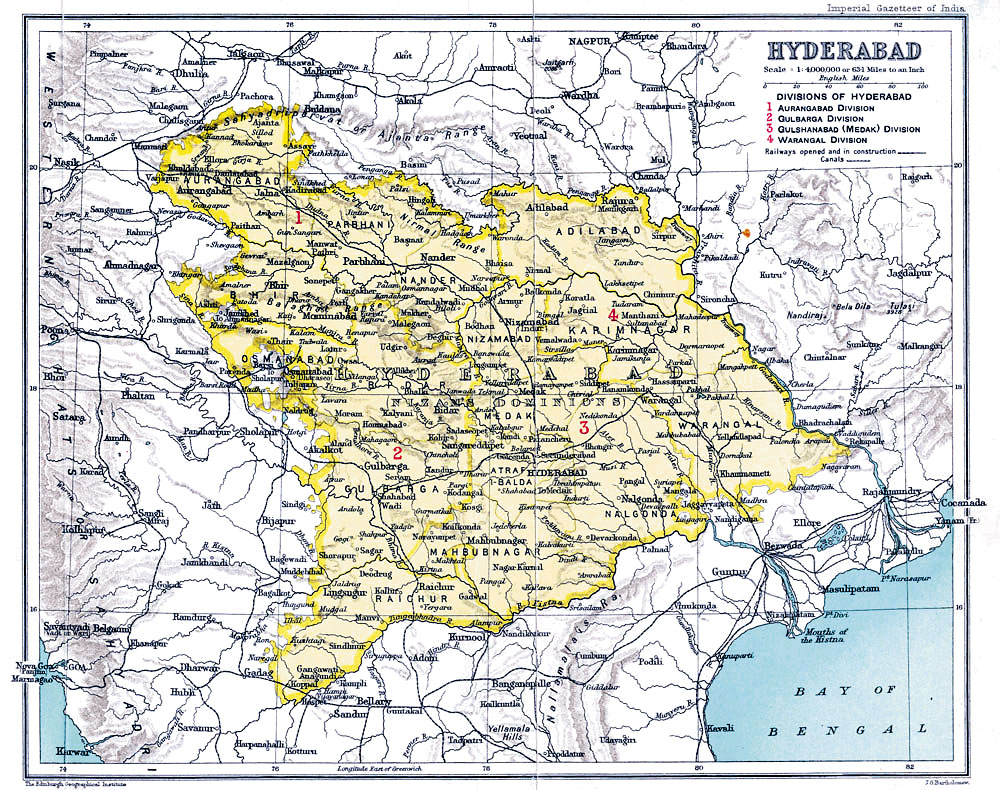8 March 1942. Bovington. England.
Twenty new instructors were part of the team that had the newest class of Royal Armoured Corps under instruction. The twenty men had all started the war in Egypt with 1st and 6th Bn RTR, they’d been chosen for home leave and the instructor course. Every unit that had been involved in the fighting in North Africa had picked out men who showed they could identify what had worked and what hadn’t. A preference for older men, men with families was another part of the equation, for who would go home to become teachers, and a good number of NCOs who’d be trained as officers.
The lucky men chosen had sailed away from Egypt shortly after the capture of Tripoli, had a couple of weeks home leave, then taught how to be teachers. A hospital ship had carried home a good number of men with serious wounds, but more were men well on the road to recovery, who in due course could be integrated into new units to season them with experience.
Captain Peter Smith DSO had managed to bring home the whole crew of Adsum, his Valiant I from A Squadron, 1st Bn RTR. Sergeant John Twist MM was now a gunnery instructor, Corporal Bill Jones a driving instructor, and Corporal Jim Wilson was loader/mechanic instructor. Along with the others from the two RTR Battalions, the recruits would get, not only the technical know-how of their jobs in tanks, but the wisdom born of combat, how to fight a tank battle and win.
Smith and the rest of them, as ordered, had spent a lot of time on the long voyage home writing up their experiences, from their training to every exercise and battle they’d taken part in. The orders had been quite clear, everything was to go in, positive and negative. Every gripe, moan and complaint were just as important as every success. There were plenty of both the former as well as the latter. The experience in the desert was different from that of the fighting in France and Belgium, different again from Greece and East Africa. The Royal Tank Regiment (though the old timers still thought of it as the Corps) needed to imbue the new hostilities-only recruits with their esprit-de-corps. They also needed to pass on the real-life lessons of using a tank in battle. The way things had been done at Cambrai and in the Hundred Days were part of that institutional knowledge, but this war so far, had provided many other lessons that needed to be thoroughly understood.
Smith had enjoyed his leave, and being much closer to home, he could look forward to seeing more of his parents. There was also a young lady that he’d visited in London who’d been keeping up correspondence while Smith was overseas. As he looked around, he couldn’t help thank his lucky stars, and his father’s prayers, for giving him the chance to live his life, and perhaps train these young lads fight, and survive.
Having a crew that had worked together was part of the training process was designed to show how the necessary interaction and communication within the tank was crucial to the success of the tank. Smith and his crew had collaborated with the Officer Commanding crew training to build a cut away section of a Valiant I tank. The new trainees would watch the Adsum crew go through their action during Operation Crusader when they fired off every one of the ninety-five 2-pdr shells carried in the tank. The destruction of 75 Italian tanks in a single engagement at Bir Dufan for the total loss of only a few British tanks was one of the great tank battles of the war so far.
Most of the trainees would man Valiant II or Victor tanks, the unlucky ones on Crusaders. The Crusader still carried the 2-pdr, which Twist explained needed to fire three shots into a target to make sure it was disabled. The Valiant II and the Victor I would be armed with the 6-pdr, which looked like it would probably one a one shot, one kill kind of weapon. The fact that the 6-pdr also had a High Explosive shell would help, it wasn’t terribly powerful, but at least it gave the gunner something to use on soft-skinned targets or enemy anti-tank emplacements other than the co-axial Besa.
Reliving that day in November was something the whole crew had done time and again. They had discussed it, written about it, been interviewed on at least four occasions. Trying to piece the whole engagement together was impossible, so much had happened so fast, that all they could do was try to replay their method: Identify the target, halt, aim, fire, load, repeat, repeat; move, identify, halt, aim, fire, load, repeat, repeat. Once the trainees had been taken through the process, then each of the crew helped them digest what each crew members role was, and how it was to be done, coordinated, like a dance. A good crew, like Smiths, got into a rhythm akin to a dance. Working in harmony with one another, anticipating the next move, having the muscle memory to act without having to think. Speed and quick thinking were what they tried to communicate. Of course, the trainees wanted to know more, what it felt like, what went through their minds.
Preparing for battle was a complex process and there would be parts of their training where the psychological questions would have to be explored. For Smith and his crew, all they could do was pass on their own example, an effective team, working together, with the right equipment was the best way of winning battles, and more importantly, surviving the war.
